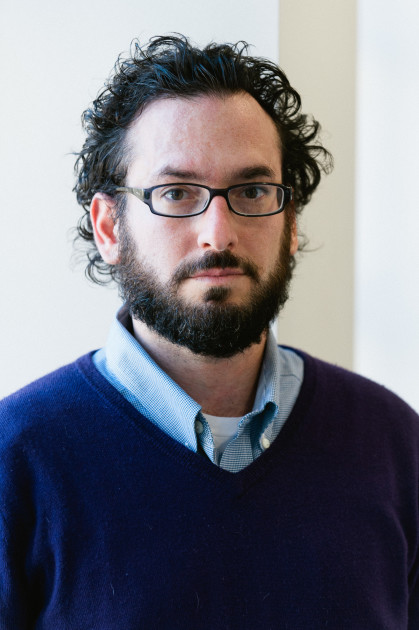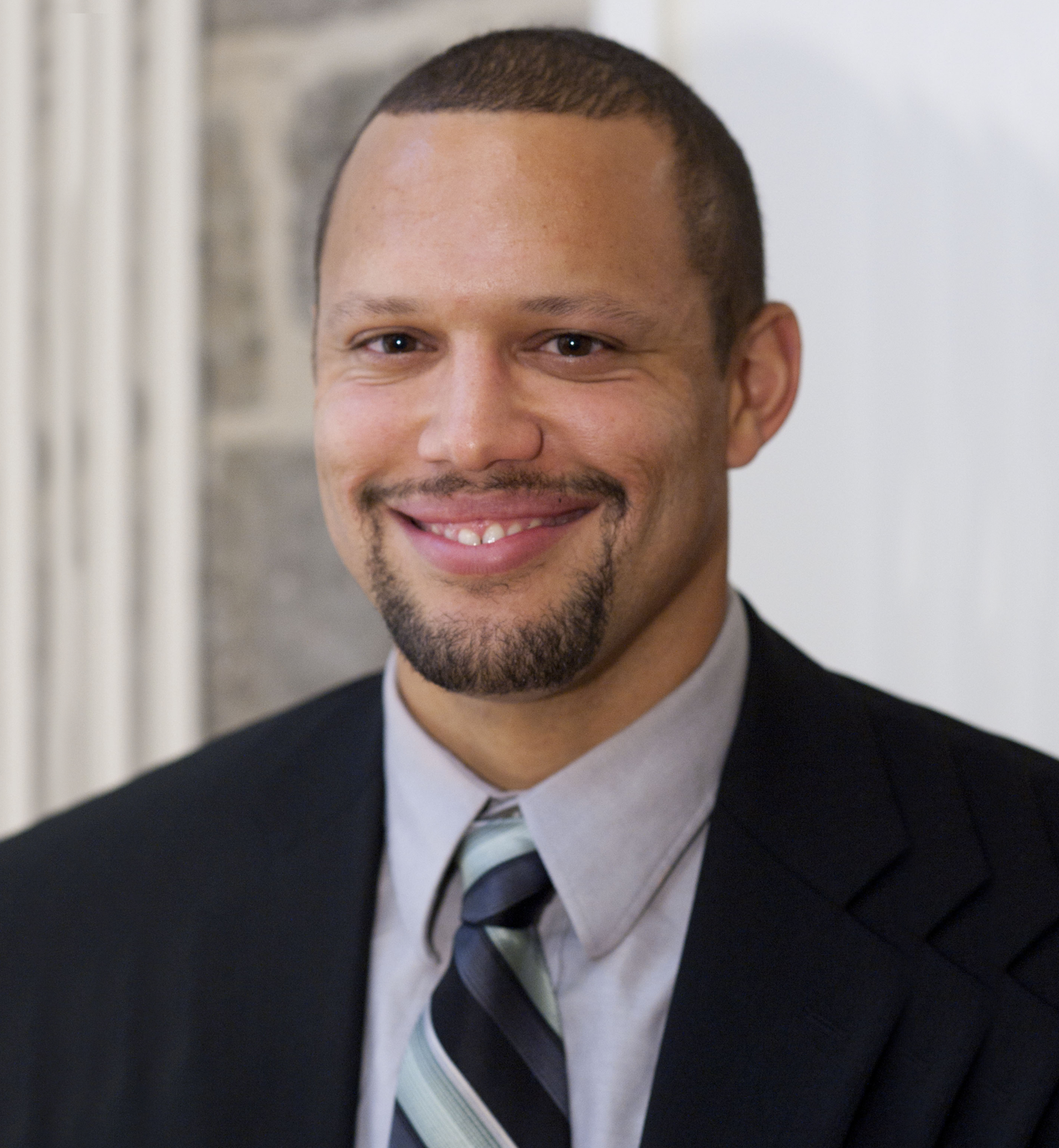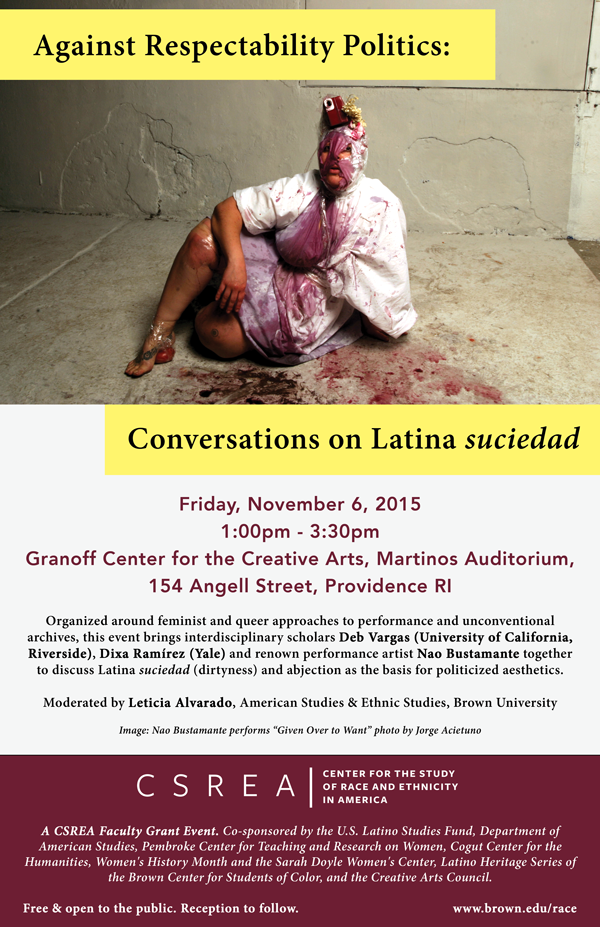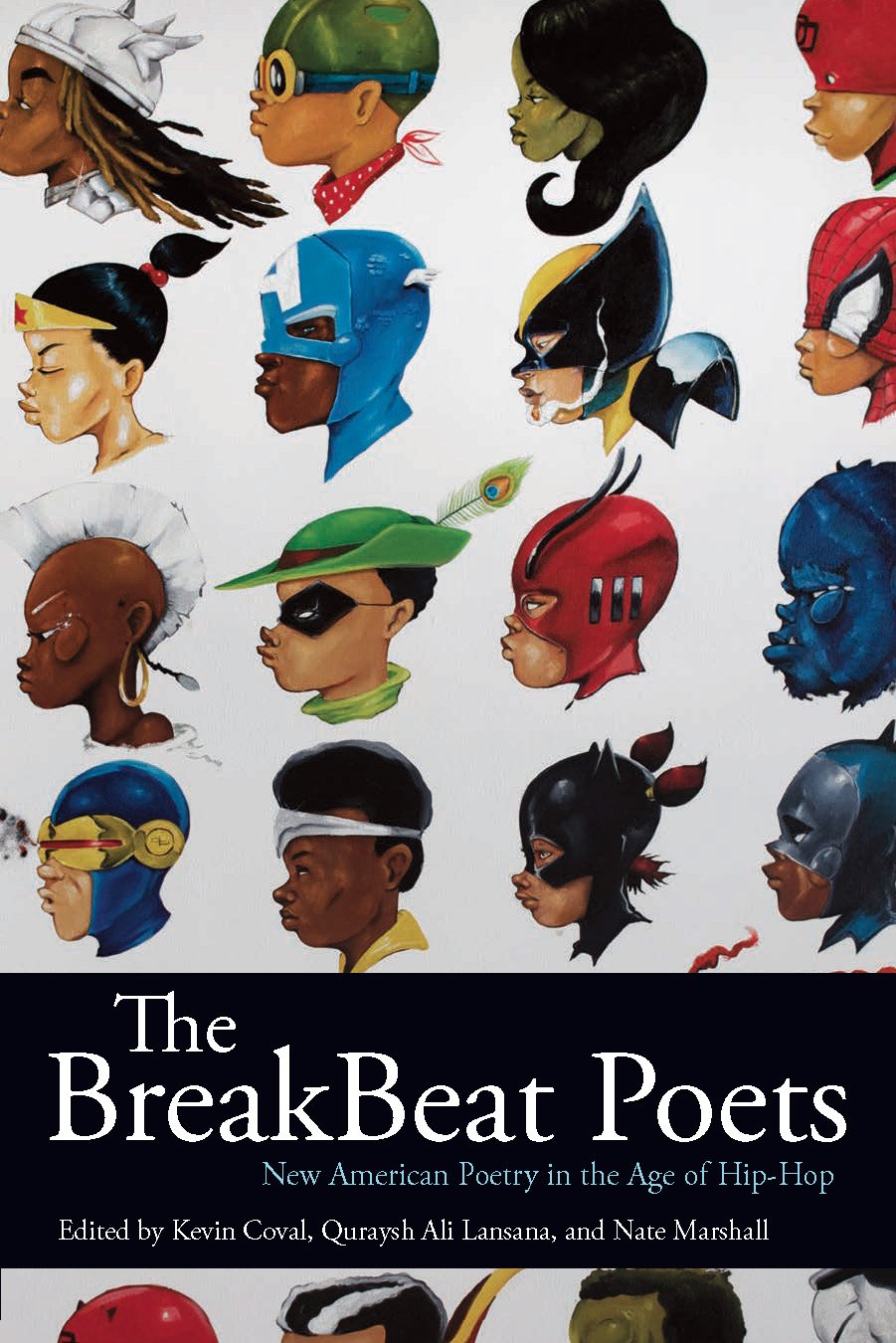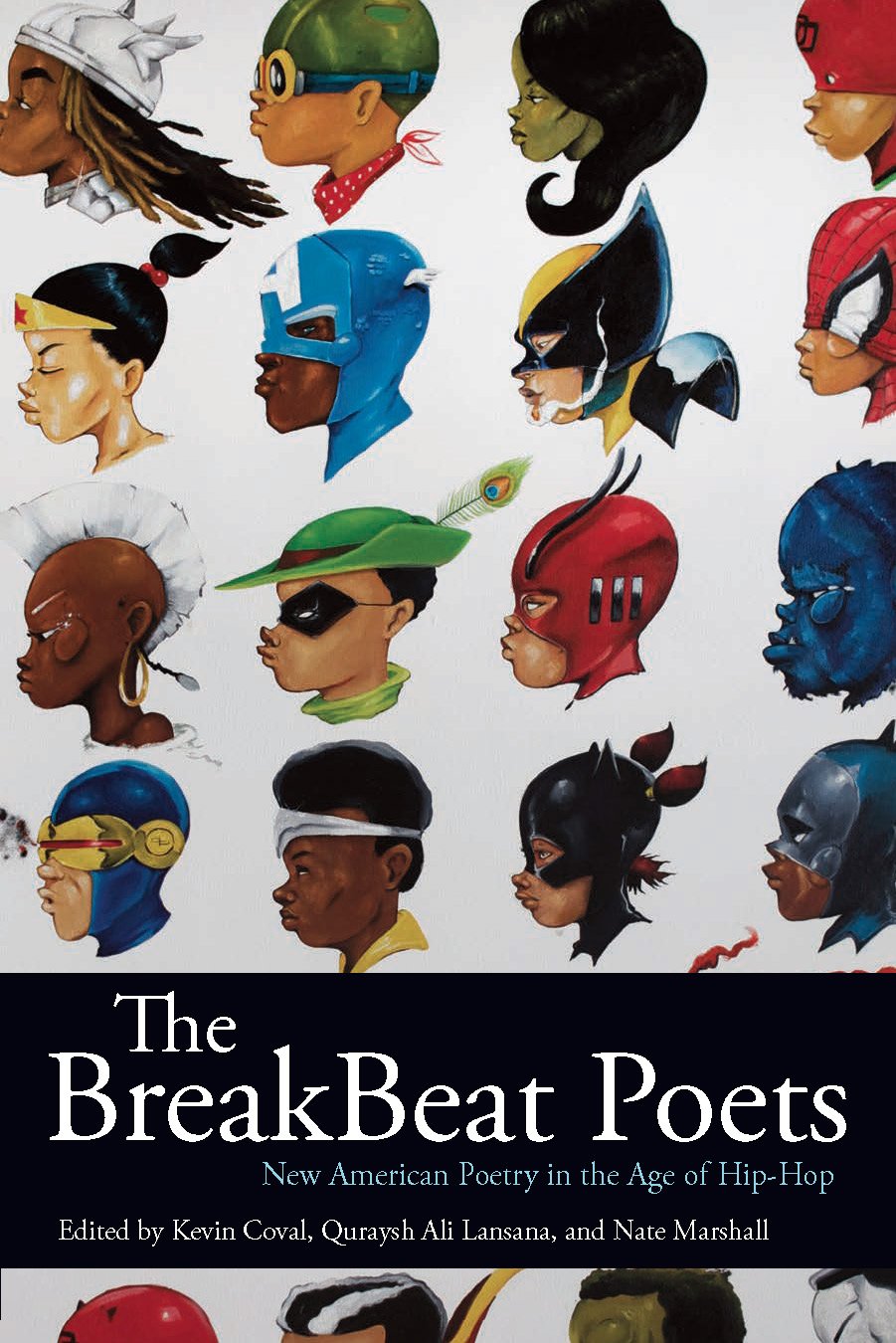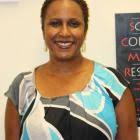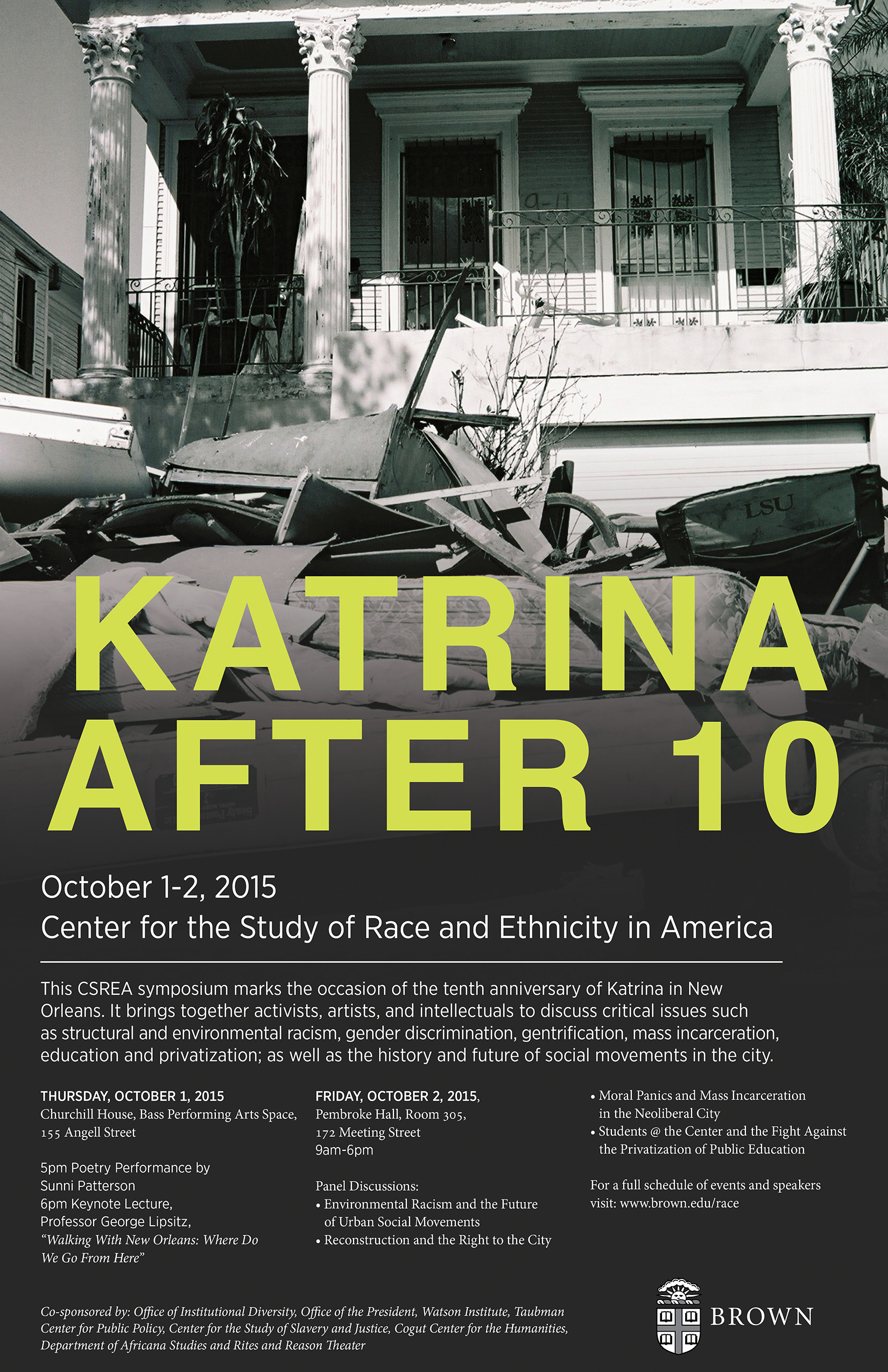Adam Mansbach, "Race, Profanity, Literature and Satire: Going the F*ck to Sleep in Donald Trump's America"
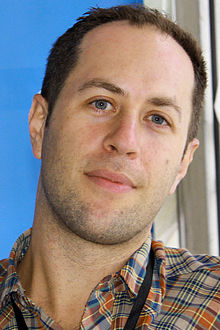
Smith-Buonanno 106, 95 Cushing Street
Adam Mansbach - whose work spans the #1 worldwide bestselling "children's book for adults" Go the Fuck to Sleep, the award-winning novels Rage is Back, Angry Black White Boy and The End of the Jews, and the screenplay for the forthcoming feature film Barry - discusses the through-line in his work: exploring complexity, paradox, and uncomfortable truths as a way to foster social change... and recalls what happens when a literary novelist finds himself with a surprise hit in a genre that doesn't even exist.

